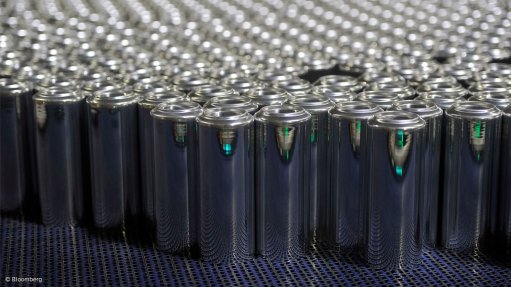
Photo by: Bloomberg
South Africa’s sole beverage can manufacturer Bevcan is set to start phasing in the first of the long-awaited all-aluminium beverage cans.
Bevcan spent the better part of the past year converting and expanding its production lines at its factory in Springs, Gauteng, to replace its tin-plated steel beverage cans with aluminium-bodied cans, in line with global trends.
“Aluminium is already the preferred medium for beverage cans internationally. Globally, 85% of all beverage cans are made from this material,” Bevcan MD Erik Smuts said.
South Africa’s beverage cans, both soft drinks and beer cans, are currently produced with a steel body and aluminium can-ends and tabs.
In February, Bevcan was awarded a five-year, R5.6-billion contract to produce and supply lightweight aluminium cans for Coca-Cola’s portfolio of beverages, delivering its range of beverages in the new cans to the Gauteng market this year and to the rest of the country during 2014.
Bevcan’s new production line offered eight different can sizes at speeds of 3 000 cans a minute, compared with the current system’s delivery of 1 600 cans a minute.
The Nampak subsidiary noted that at least 40 new jobs were created after converting the first of its tin-plated steel can production lines to enable production of aluminium cans.
The R600-million to R800-million expansion project would result in the conversion of at least two more tinplate lines as the all-aluminium cans were introduced.
Smuts previously told Engineering News Online that it would most likely phase out the older production lines as it moved to eventually completely stop producing tin-plated steel cans.
BENEFITS
Aside from the recycling potential – with the value of a used aluminium can higher than that of a tin-plated steel can – the lightweight aluminium-bodied cans were easier to carry and cheaper to transport, weighing 60% less than steel.
The aluminium-bodied can used 10% less energy to produce and was a lower cost option than steel.
According to Nampak’s website, the move to using aluminium cans would also increase the range of beverages that could be stored in the aluminium cans, including wine, mineral water and milk-based products.